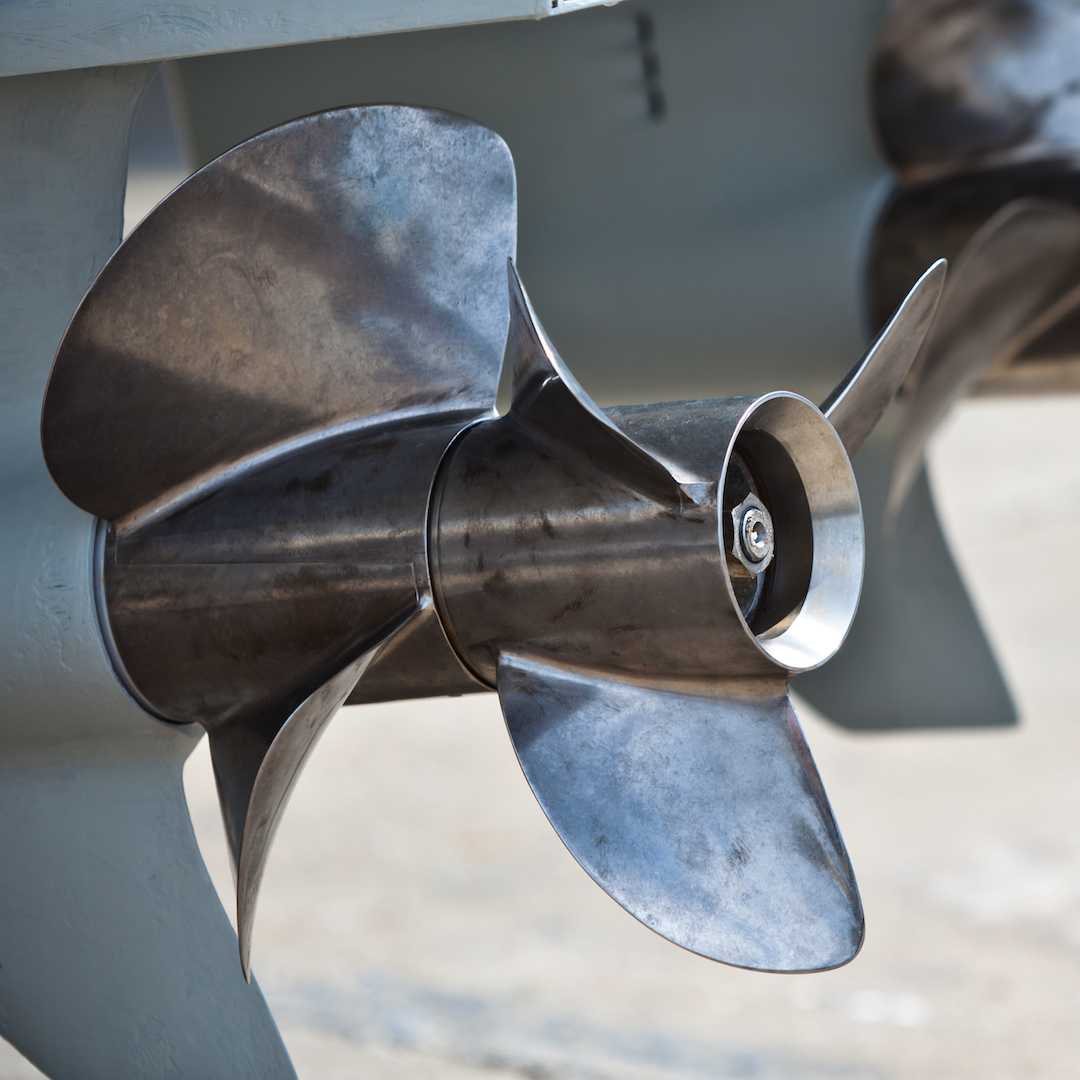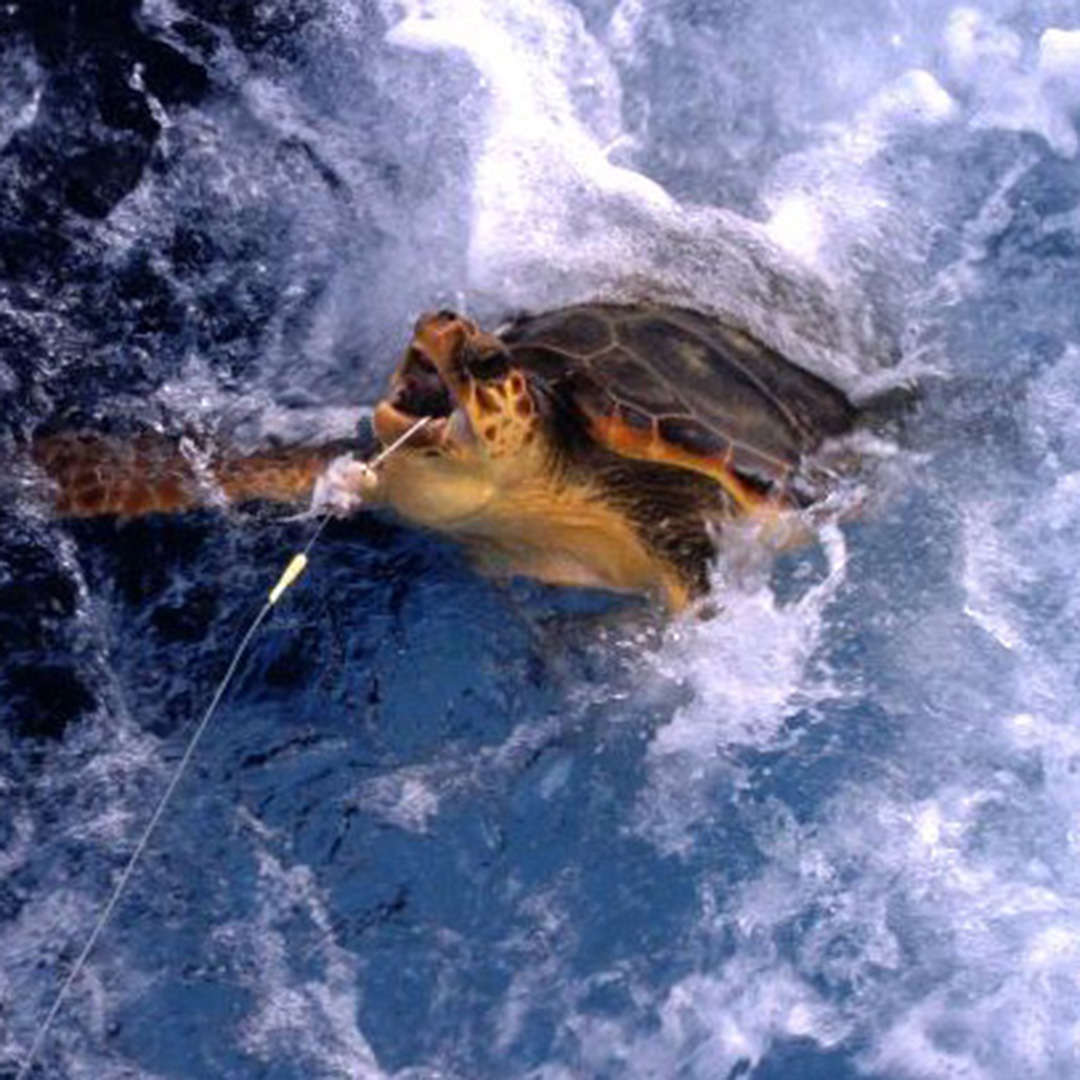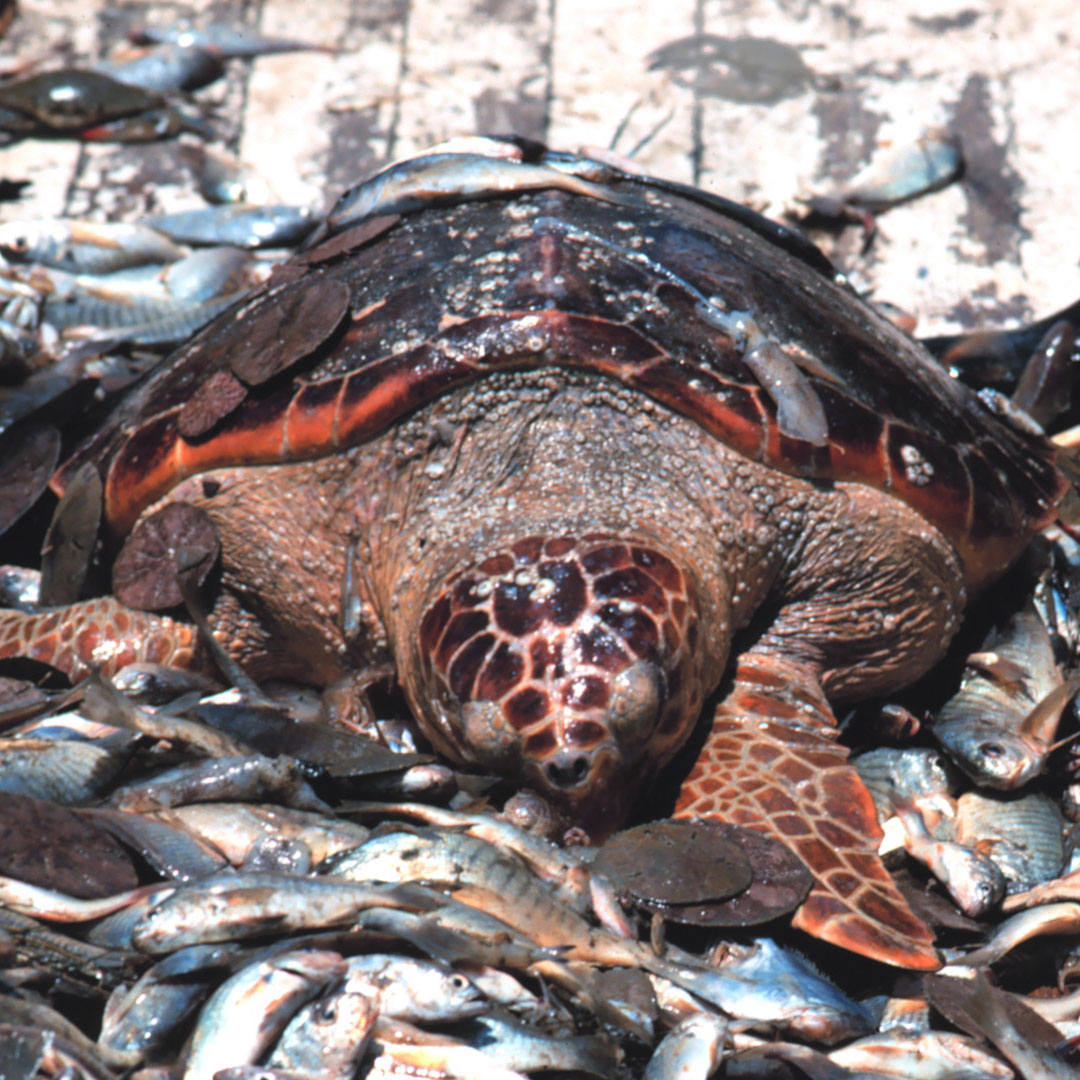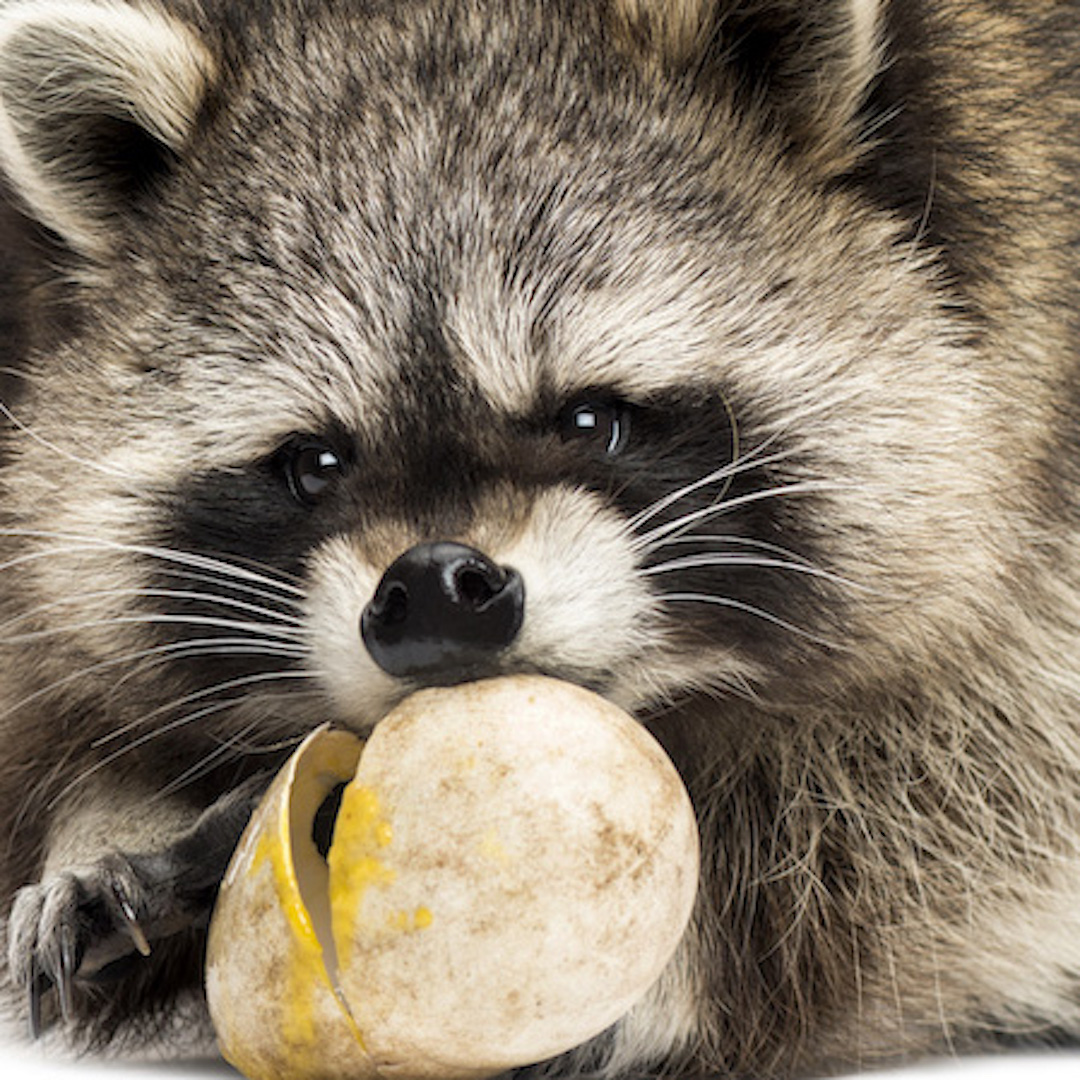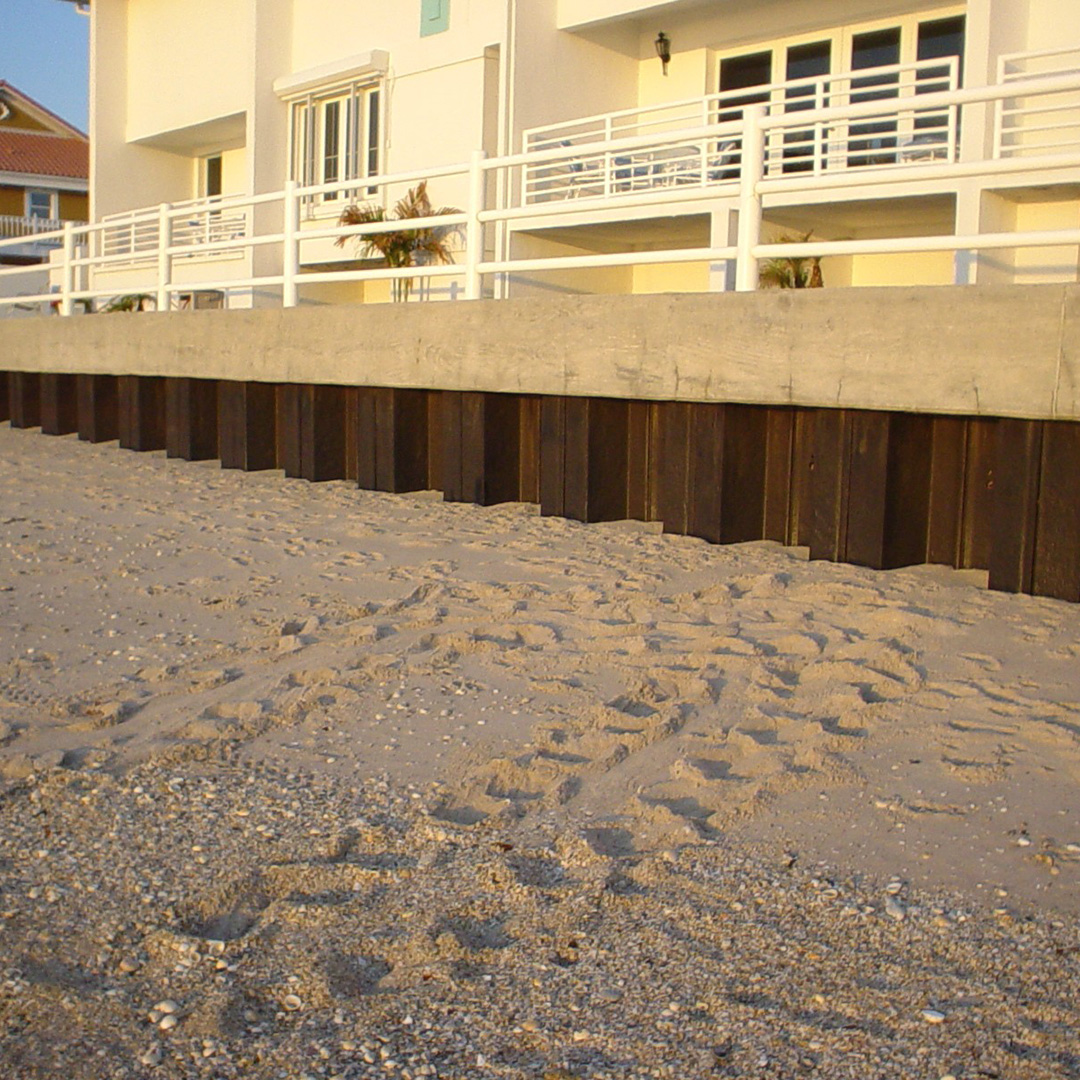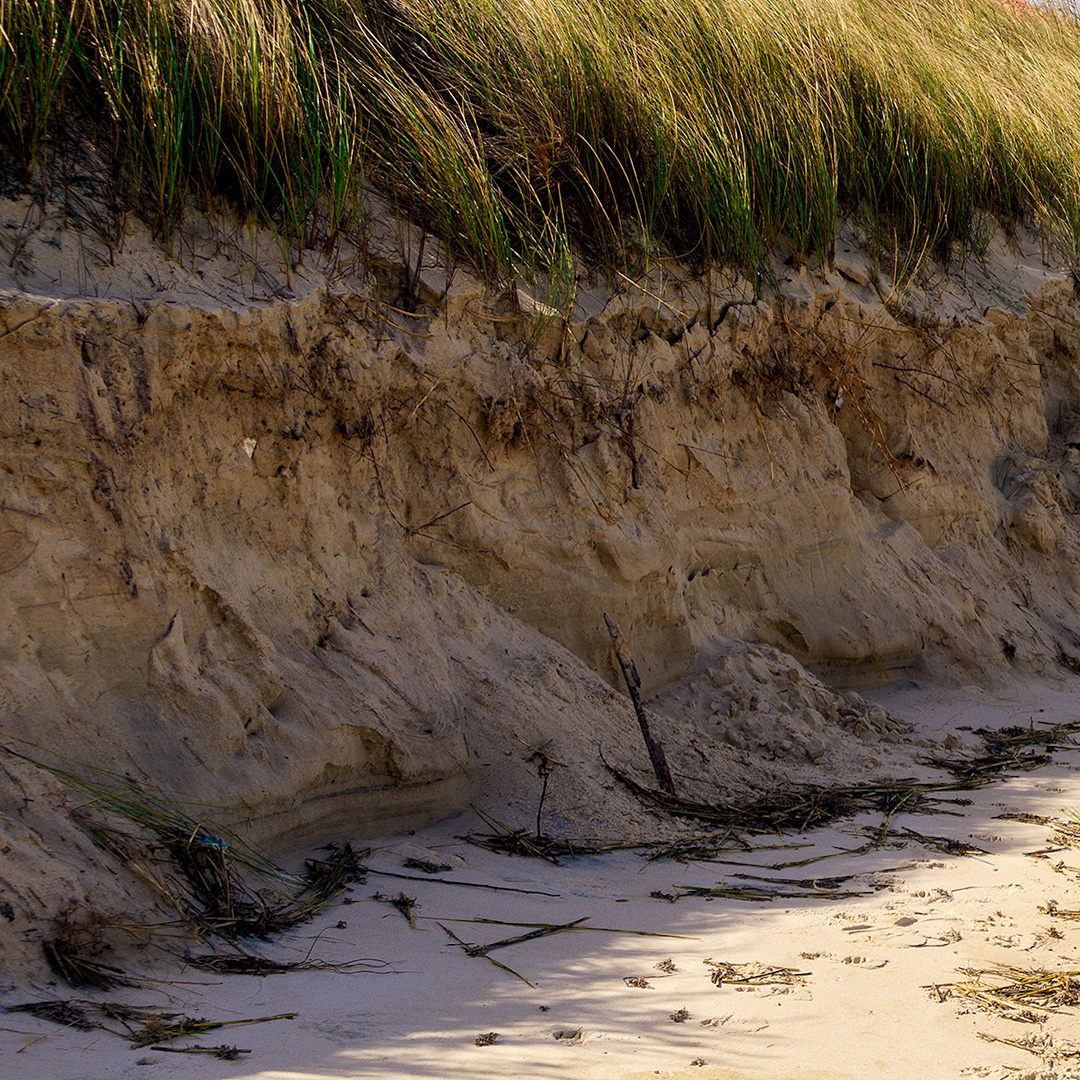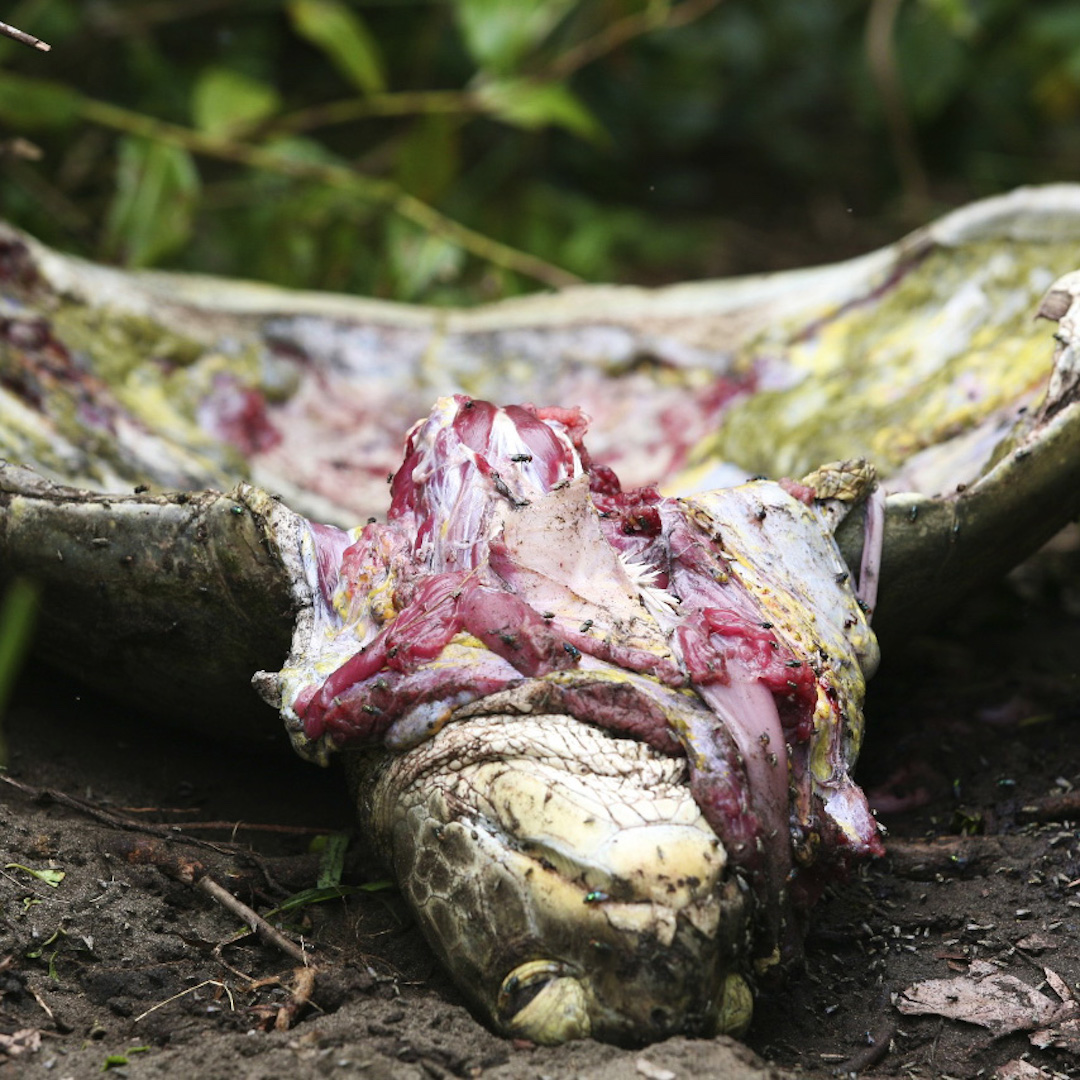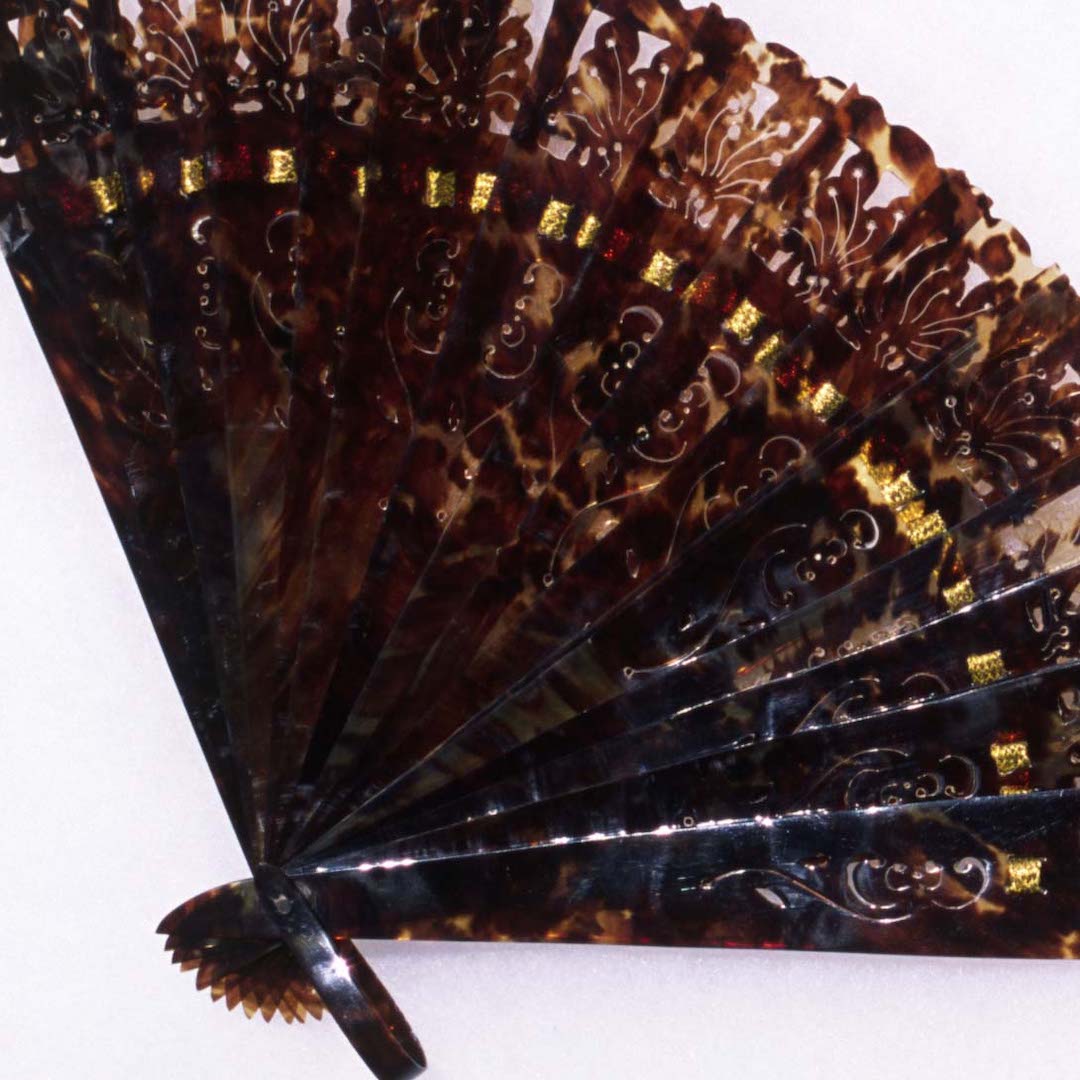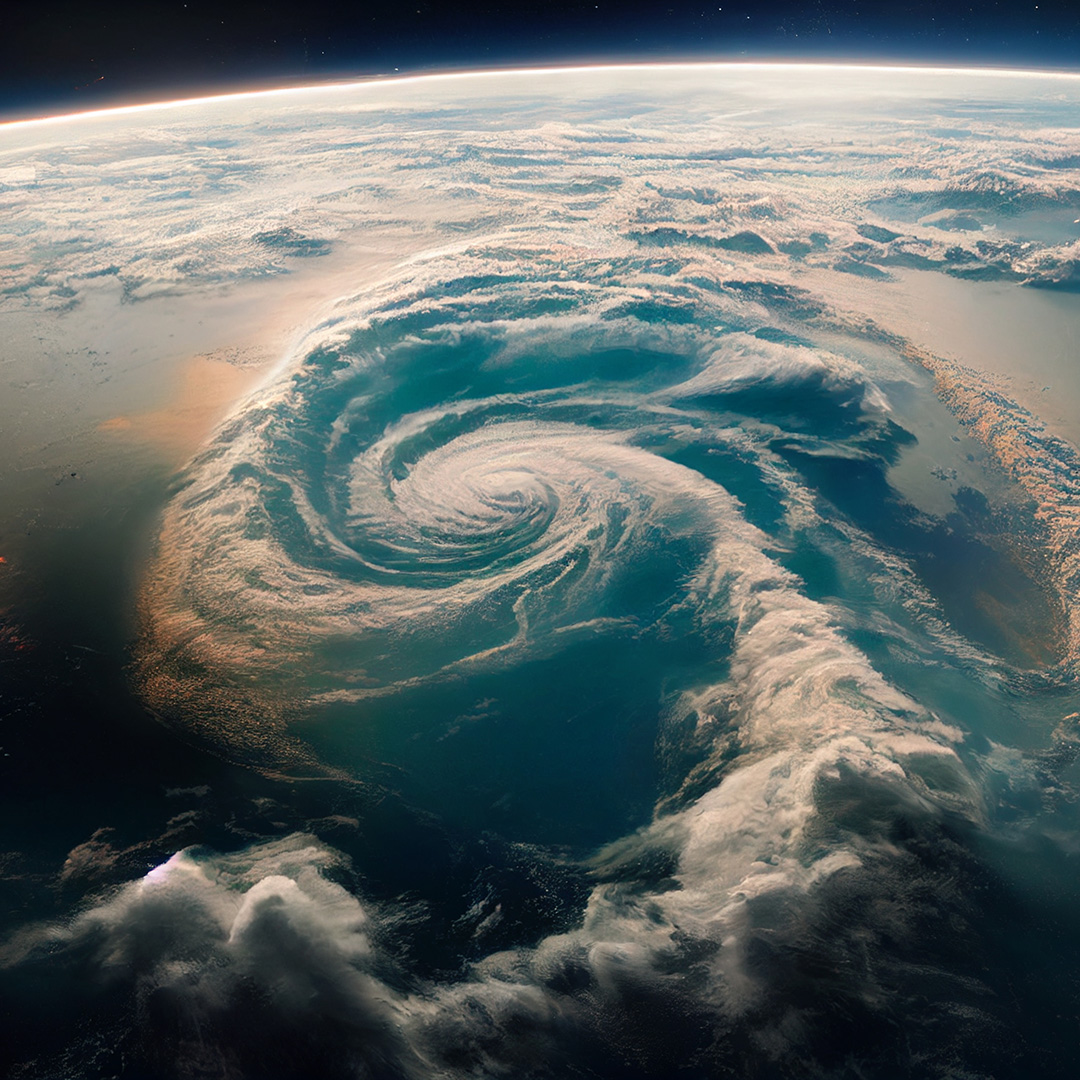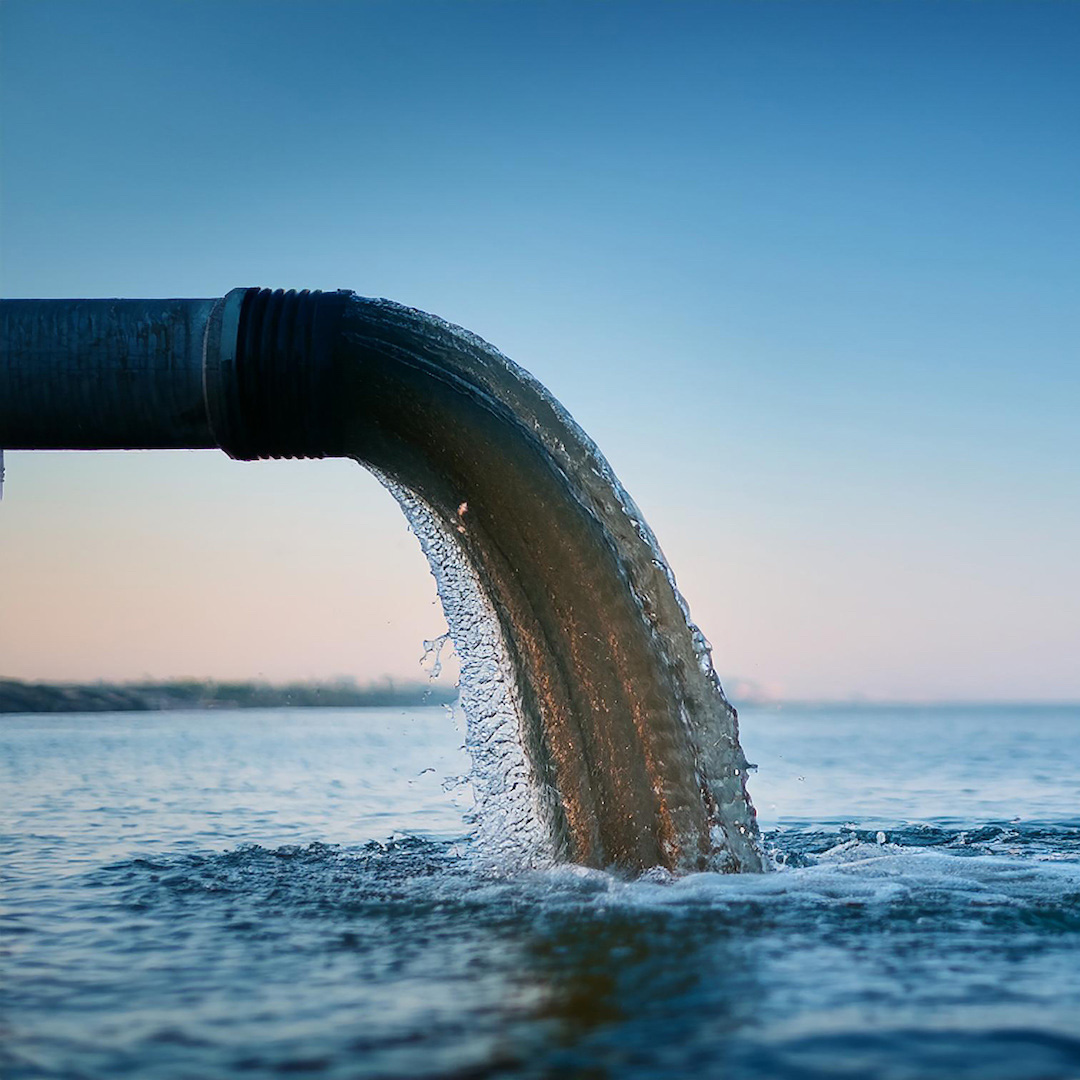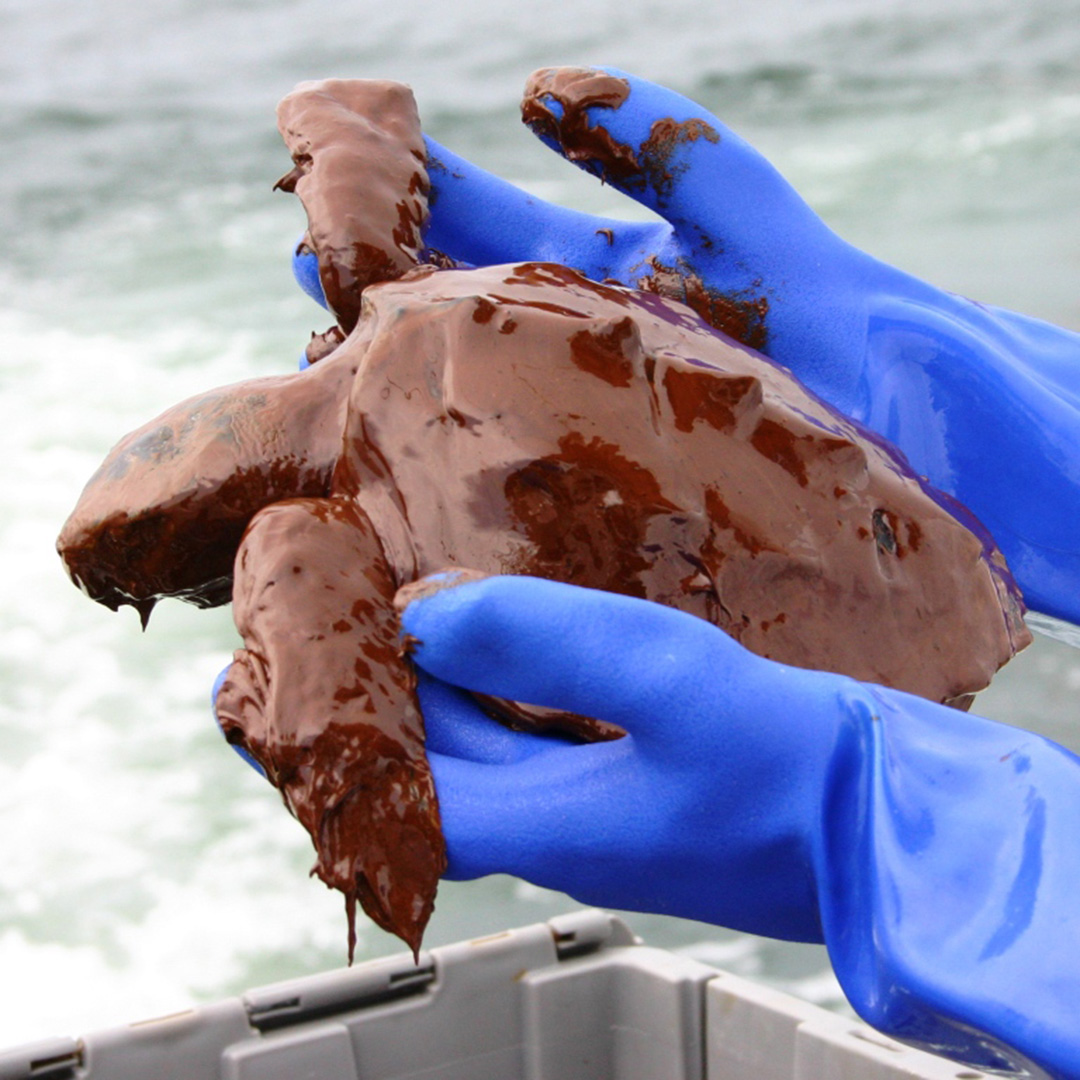Marine Debris
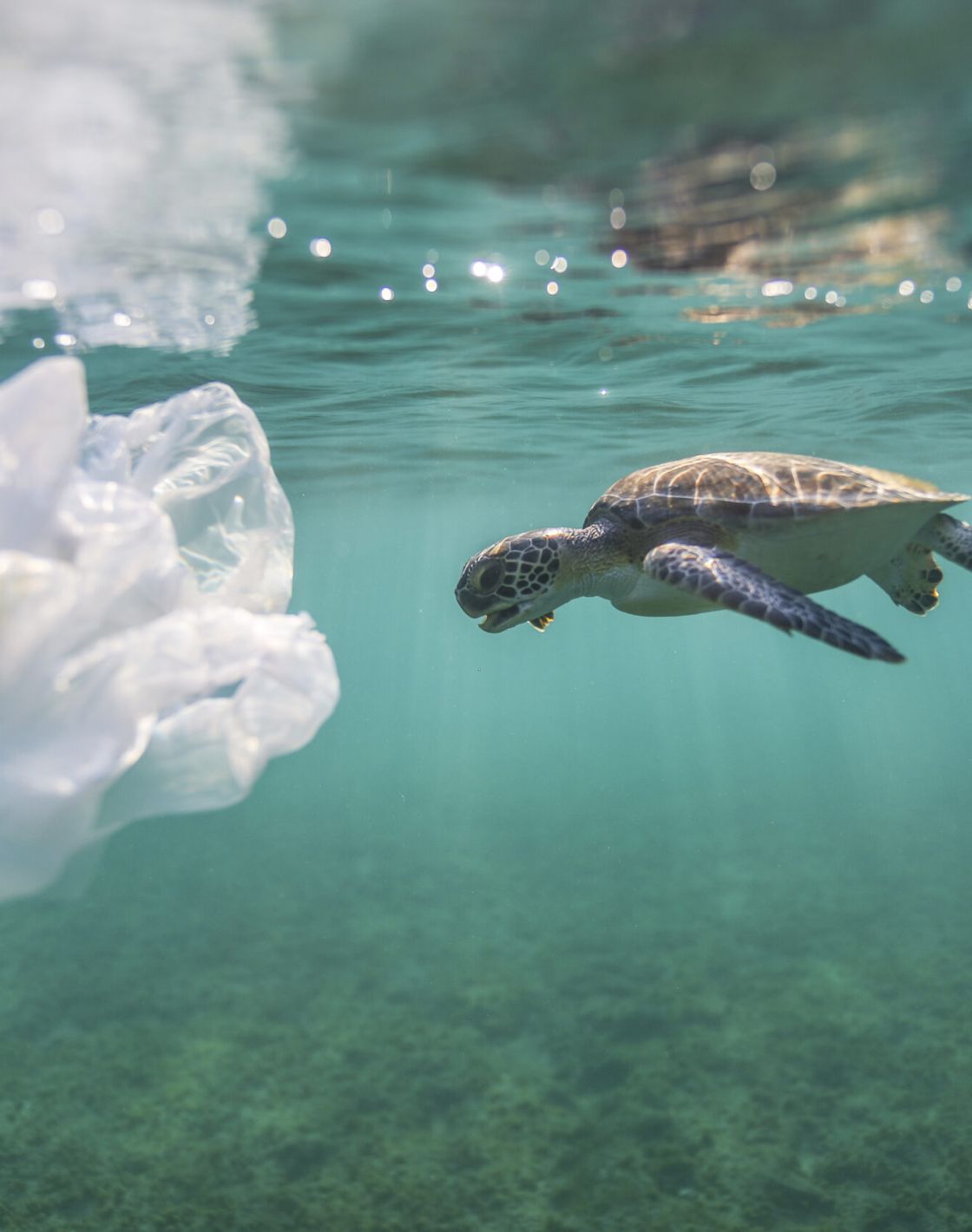
Plastic is Forever
Consuming or being entangled in single-use plastics is one of the largest threats to sea turtle survival. Single-use plastic is ubiquitous in the marine environment and can impact sea turtles at every life stage, from hatchling to adult. It washes out to sea from our beaches, streets and highways. It flows out through storm drains into streams and rivers. It flies away from landfills and into the stomachs of sea turtles everywhere.
Sea turtles are especially susceptible to the effects of consuming marine debris due to their bodies’ own structure. They have downward facing spines in their throats which prevent the possibility of regurgitation. The plastics get trapped in their stomach, which prevents them from properly swallowing food. Turtles are also affected by entanglement in marine debris, including discarded or lost fishing gear, synthetic and natural rope, and plastic netting.
Taking a Closer Look
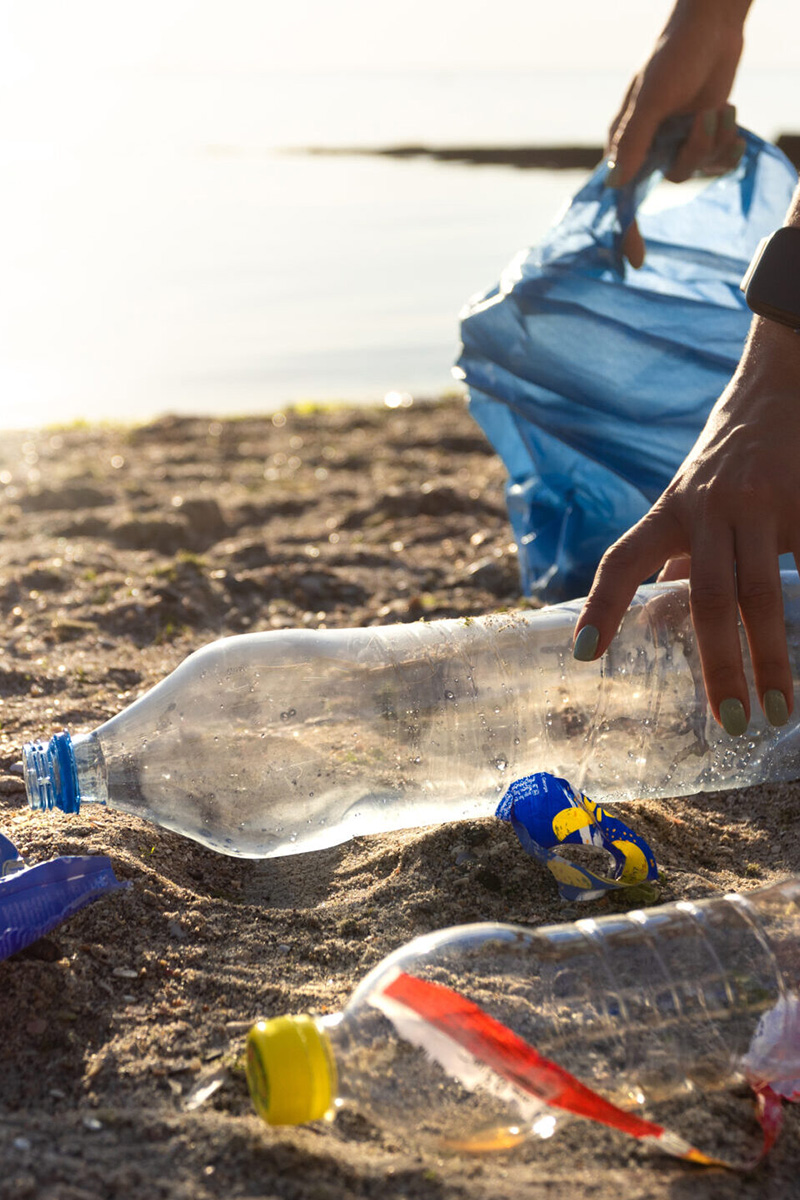
Choose Eco-Friendly Alternatives
State legislatures are currently taking steps to protect the ecosystem and marine life from potential marine debris. Some states, such as Hawaii, California and Colorado, have outright banned plastic bags, while others have partial bans or impose a fee on plastic bags. Florida law currently prohibits its state and local governments from enacting similar plastic bag bans. Other states and municipalities have also enacted bans on harmful plastics such as styrofoam producuts and microplastics.
Tips & Resources
Your Vote Matters
Support legislation to ban plastic bags and styrofoam. Stay engaged in legislative issues like these by signing up for Sea Turtle Conservancy’s Action Alerts! We will provide all the information you need to contact legislators via phone, email and social media to speak out on these issues.
Reduce Waste
Reduce your waste by avoiding single-use packaging by buying in bulk or choose products with minimal or recycle packaging. Switch to reusable alternatives for bags, bottles, food containers and straws. Choose sustainable alternatives for everyday items such as cloth napkins and towels, wooden or bamboo toothbrushes, cloth diapers, and plastic-free cosmetics.
Volunteer Clean-ups
The majority of plastic debris in the ocean washes out from city streets and rivers, so it’s equally important to keep these locations clean. Volunteering at a local beach, park or river clean up makes an impact.
Don’t Release Balloons
What goes up, must come down! When a balloon bursts and lands in the ocean, sea turtles and other marine wildlife often consume it because of its resemblance to jellyfish. Sea turtles are unable to regurgitate, so once the balloon enters the digestive tract, it can cause an impaction that can lead to death. Balloon strings can also wrap around the flippers or necks of sea turtles, inhibiting breathing, eating or swimming. Avoid releasing or buying balloons altogether.
